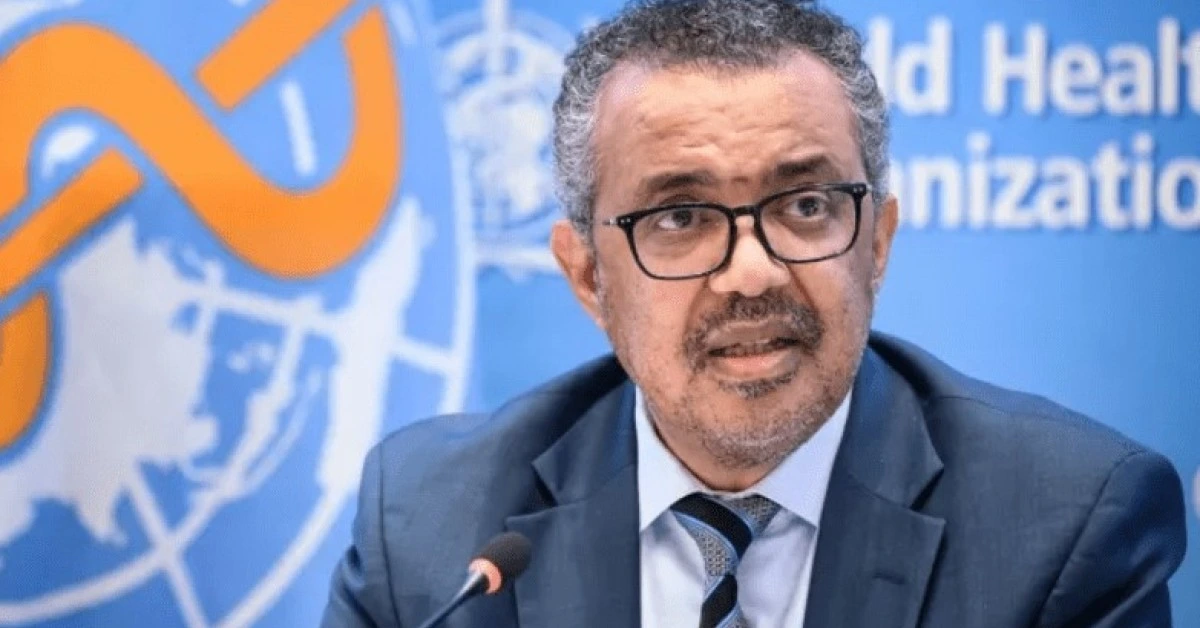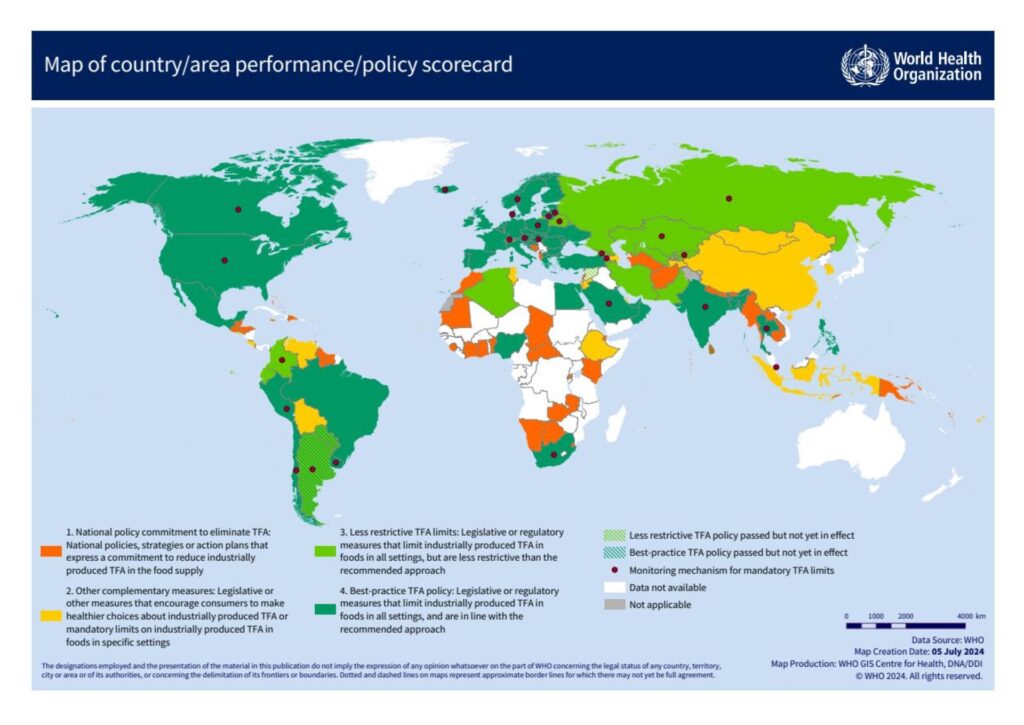
SWITZERLAND – This week, the World Health Organization (WHO) acknowledged four countries – Austria, Norway, Oman, and Singapore- for successfully eliminating industrially produced trans fats from their food supplies.
These nations were praised for implementing strong policies backed by effective monitoring and enforcement systems that protect public health. However, Kenya was not among them.
Although Kenya has a regulation- Legal Notice No. 115 of 2015 under the Food, Drugs, and Chemical Substances Act (CAP 254)– meant to control trans fat use, the law does not clearly define acceptable limits for industrial trans fats (iTFAs), making it hard to enforce.
WHO’s Director-General, Dr. Tedros Adhanom Ghebreyesus, presented the certificates of recognition during the 78th World Health Assembly.
He emphasized that removing industrial trans fats is one of the most cost-effective ways to reduce heart disease and prevent avoidable deaths.
“These countries are not only protecting their people, but also showing leadership that other nations can follow,” he said.
This recognition highlights global progress in the fight against harmful trans fats. Trans fats are known to clog arteries and raise the risk of heart attacks and coronary disease.
These harmful fats, which can be either naturally occurring or artificially produced, are often found in baked goods, fried snacks, margarine, and some cooking oils.
Seven years ago, WHO launched a global call to eliminate industrial trans fats. At the time, only 11 countries had proper regulations in place.
Today, nearly 60 countries have adopted best-practice policies, protecting almost half of the world’s population.
The WHO certification goes beyond policy– it recognizes nations that have put strong systems in place to check compliance and ensure lasting health benefits.

In Kenya, the Nairobi-based International Institute for Legislative Affairs (IILA) is pushing for the country to join this global effort by making specific limits legally binding.
“There is an urgent need to reduce non-communicable diseases,” said Gideon Ogutu, Programme Officer for Health Governance at IILA.
“We’re calling for clear limits to be added to the law. Right now, it’s impossible to enforce without them.”
If proposals by a national technical committee are approved, edible oil producers in Kenya may soon be required to limit industrial trans fats to no more than 2 grams per 100 grams of total fat. This aligns with global best practices.
Celine Awuor, CEO of IILA, supports this move, stating that Kenya’s own Non-Communicable Disease (NCD) Strategic Plan already includes a commitment to regulate trans fats.
“Under pillar two of the NCD plan, Kenya aims to set national policies that promote healthy eating– this includes trans fat limits, stricter rules on junk food advertising to children, sugar taxes, and clear food labeling,” she explained.
Experts agree that replacing trans fats with healthier alternatives is a low-cost change that saves lives and reduces healthcare expenses.
Globally, eliminating industrial trans fats could prevent 7% of cardiovascular diseases. For Kenya, stronger enforcement could turn an existing policy into a life-saving tool for millions.
XRP HEALTHCARE L.L.C | License Number: 2312867.01 | Dubai | © Copyright 2025 | All Rights Reserved